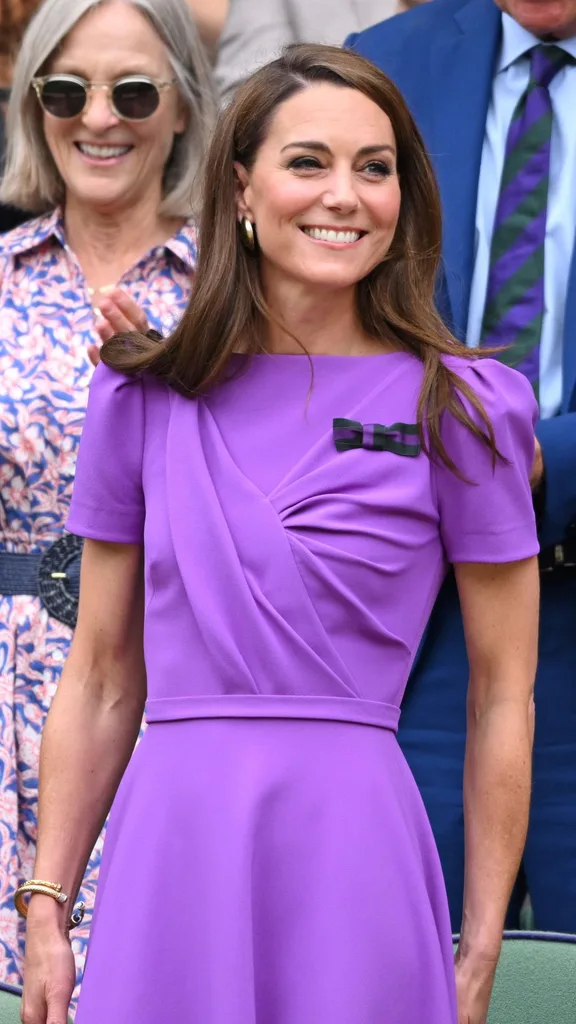Terry Gilliam: Trump 'Killed' Satire – Is Comedy Dead?

Legendary Monty Python member Terry Gilliam has delivered a scathing assessment of Donald Trump's impact on comedy, claiming the former US President effectively “destroyed” satire. In a recent interview, Gilliam expressed his belief that Trump’s presidency rendered traditional satirical commentary obsolete, rendering it impossible to effectively mock the unfolding events.
“I think Trump has destroyed satire,” Gilliam stated bluntly. “I mean, how can you be satirical about what’s going on when it’s so utterly ridiculous that you can’t possibly exaggerate it? It’s beyond satire. It’s just… reality.” This sentiment echoes a growing concern among comedians and satirists who have struggled to find a way to effectively critique Trump’s actions and policies, which were often perceived as inherently absurd.
Gilliam, known for his surreal and often darkly humorous work in Monty Python and subsequent films like Brazil and Fear and Loathing in Las Vegas, has long been a vocal critic of political figures. His perspective carries significant weight given his decades of experience in pushing comedic boundaries and challenging societal norms.
The challenge, as Gilliam points out, isn't simply about finding new jokes. It’s about the very nature of satire itself. Traditionally, satire relies on exaggeration and absurdity to highlight flaws and hypocrisy within society. However, when reality itself becomes the source of absurdity, the satirist’s tools become blunt and ineffective. The line between satire and reality blurs, leaving audiences unsure whether they are witnessing a joke or a genuine reflection of the world around them.
This isn’t an isolated opinion. Many comedians have grappled with the difficulty of satirizing Trump, with some opting to focus on the human aspects of his personality rather than his policies. Others have abandoned traditional satirical approaches altogether, experimenting with different comedic styles to find a way to connect with audiences in a post-Trump world.
The question remains: has Trump fundamentally altered the landscape of comedy? Has he rendered satire obsolete, or has he simply forced comedians to evolve and adapt? Gilliam’s words serve as a stark warning about the potential consequences of political absurdity and the challenges it poses to the art of satire. It’s a debate that’s likely to continue for years to come, as comedians and audiences alike grapple with the legacy of the Trump era and its impact on the world of humor. The very future of comedy as we know it might be at stake.
Ultimately, Gilliam's observation highlights a crucial point: when the world becomes stranger than fiction, the role of satire is profoundly challenged. It forces us to re-evaluate what we find funny, what we consider worthy of critique, and what it means to be satirical in a world that often defies explanation.





